October 19, 2023 – In an insightful session of the “Open Seminars,” the Institute “Sami Frashëri” and the Center for Advanced Studies (CNS) hosted Prof. Asoc. Ardit Bido, Director of the Albanian Archives. The seminar took place on Thursday, October 19, 2023, and focused on the contentious issue of ethnic self-declaration during Albania’s population census, particularly concerning the Greek minority in southern Albania. Prof. Bido’s latest book, “The Battle for 20 Percent,” served as the basis for a riveting discussion on the topic.
Key Insights from the Seminar:
Prof. Bido illuminated the audience on the strategies employed by Greece and Greece-backed groups aiming to inflate the Greek-speaking population figures in certain Albanian municipalities to reach a 20 percent threshold. According to a law passed in 2017, achieving this percentage would enable the introduction of the Greek language in public spaces within these regions.
The discussion highlighted how Greek authorities, leveraging various forms of coercion, attempt to influence Albanian policies, particularly in the context of Albania’s path toward European Union integration. These tactics are seen as part of broader efforts to assert Greek interests in southern Albania, often at the expense of Albanian sovereignty and the interests of its citizens.
Albanian Authorities’ Response:
The seminar shed light on the perceived weakness of Albanian authorities in countering these external pressures effectively. It was noted that while there is an awareness of these attempts by Greek authorities and affiliated groups, a robust and assertive stance to safeguard Albania’s interests remains lacking.
Implications for Albania:
The discussion underscored the critical importance of conducting a fair and transparent census process that accurately reflects the demographic realities of the country. It also called for a stronger diplomatic and policy response from Albanian authorities to ensure that the interests of Albania are prioritized and protected against external influences.
Conclusion:
The seminar, “The Battle for 20 Percent,” provided a comprehensive analysis of the challenges surrounding ethnic self-declaration in Albania’s population census and the external pressures affecting this process. The event highlighted the need for Albania to fortify its stance against undue external influences and underscored the significance of safeguarding national sovereignty in the face of geopolitical maneuvering. The insights offered by Prof. Bido offered a crucial perspective on the dynamics at play in southern Albania and the broader implications for the country’s future.


 Share on WhatsApp
Share on WhatsApp
 Share on Facebook
Share on Facebook

